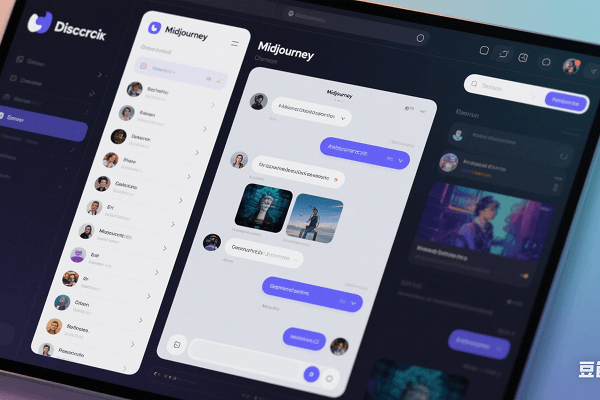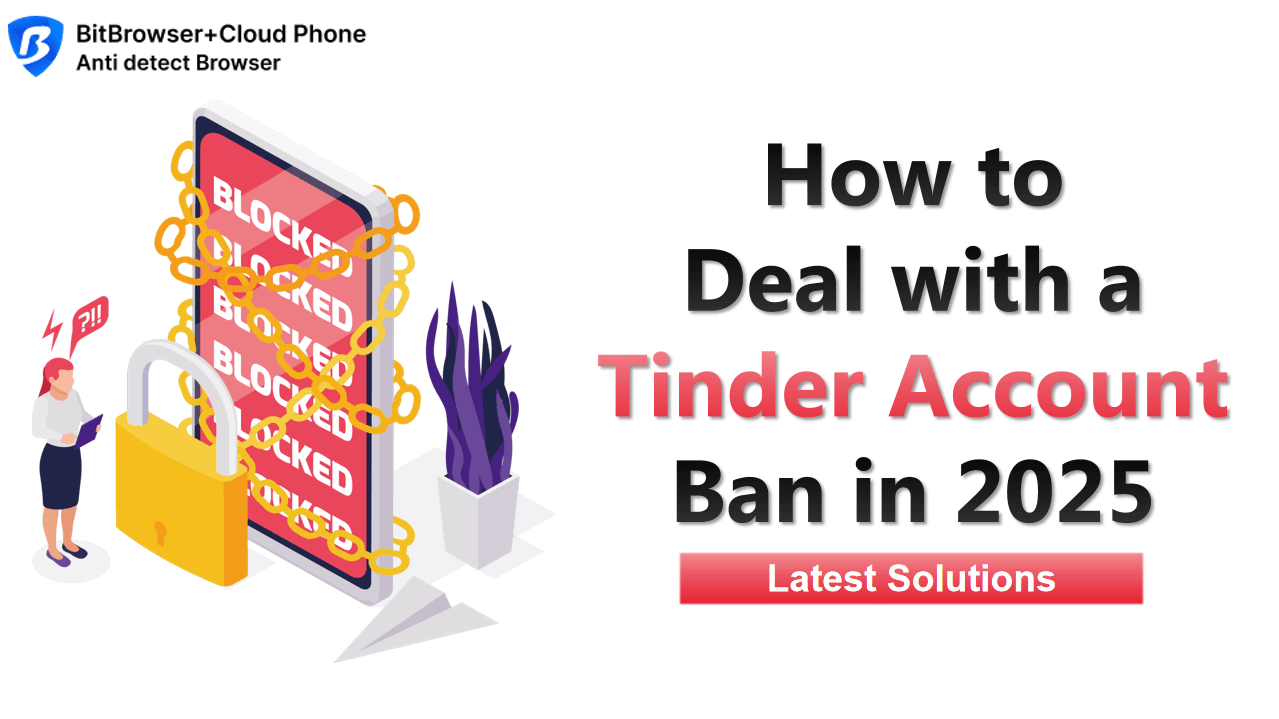
Hot Picks
How to run Facebook ads in 2025? Ideas

Hot Picks
How to promote on Amazon? Sharing various promotion methods

Hot Picks
Choose BitBrowser for fingerprint browsers, and look for the only official website: bitbrowser.cn
Common Mistakes Using Virtual Browsers
Time: 2023-08-23 18:29 Click:
Some members experience some problems when they first start using the virtual browser. For example, they may find that social networks immediately ban their warm-up accounts when using a browser, or that their digital fingerprints are not recognized as unique identifiers.
So they might think it's because they made an operational error while using the virtual browser. In practice, however, in most cases, the problem usually arises with the behavior of the platform's arbitrators. Here we round up some common mistakes and show you how to avoid them.

Mistake 1: One Proxy Used for Multiple Accounts
The problem: Some arbitrageurs use the same IP proxy to access multiple accounts and browsers at the same time.
Possible outcome: Traffic source security (anti-fraud) algorithms will notice overlap in data from different accounts and may infer that there is a link between these accounts. If one of the accounts violates the site's rules, all other accounts may also be viewed with suspicion, or even banned entirely.
Solution: Make sure each account uses a separate IP address. This also applies to information such as phone numbers, email addresses, post content, payment cards, etc. Data between accounts should not match each other. By ensuring each account has unique data, you can reduce the risk of linking traffic sources.
Mistake 2: Using the wrong proxy
Here's the problem: some arbitrageurs buy cheap proxies, or even use free proxies. This is often the reason novice sharpshooters do it due to their limited budget.
Possible results: IP addresses of cheap proxies are often blocked by websites, and may even be included in the ban lists of the most well-known traffic sources, such as platforms such as search engines and social networks.
Solution: To choose a proxy suitable for traffic arbitrage, it is better to use mobile and residential proxies than to choose cheap proxies. While some users may have been using cheap proxies for years without getting banned, these are the exceptions. In our article you can learn more about how to choose the proxy you need for your virtual browser.
Mistake 3: Not using a proxy
The problem: Some arbitrageurs created fingerprints in the Bitbrowser virtual browser, but did not use a proxy when accessing the web.
Possible outcome: Although they may have changed browser and device fingerprints, their network connection and location information remained the same. This may allow the platform to still identify the true identity of the arbitrageur.
Solution: For maximum privacy and avoiding identification, it is crucial to use a proxy server. A proxy server can help hide your real IP address and give you a virtual address that resembles a real user. At the same time, using a virtual browser in conjunction with a proxy server can better protect your digital footprint.
The use of virtual browsers requires reasonable and compliant use. The purity of the local environment and the window environment will determine the security of the account, ensuring that the account and user behavior will not be tracked and leaked. Scientific and safe surfing the Internet is the correct operation of using the virtual browser to avoid unnecessary troubles.

 Multi-Account Management
Multi-Account Management Prevent Account Association
Prevent Account Association Multi-Employee Management
Multi-Employee Management



